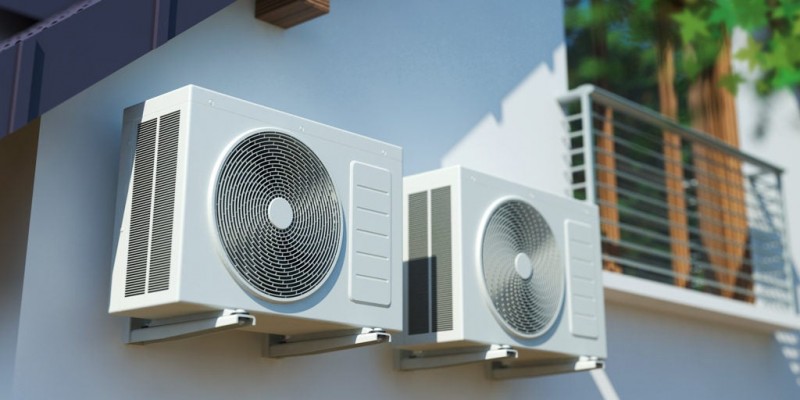
The summer heat is most dangerous for low-income communities, where many lack air conditioning. Housing advocates want to change that. The sun came blazing through the sliding glass door in Jollene Brown’s cramped studio apartment, a converted storage unit in southeast Portland, Oregon.
As the heat started rising in late June — hotter than she could ever remember — her son, Shane Brown, hung a blanket over the glass to help block the rays, to little effect. The $750-a-month apartment didn’t come with air conditioning, and the old floor unit that she and her son had scraped the money together to buy wasn’t working. When her son suggested getting a new one, she waved the idea away.
“We’ll see,” she told him over the phone on June 27, the last time that they spoke. “She didn’t want me to worry or feel like I was going to be burdened,” said Shane Brown, 35, who works as a packer at an Amazon warehouse. The next morning, he texted her a picture of the sunburn he had gotten on his shoulder that weekend, when the temperature hit 112 degrees. There was no response. He tried calling her, over and over. Eighteen calls — no response. In a panic, he jumped in his car.
Strapped by Shortage and Hit With Departures
Leading Indicators Flash Green for Continued Economic Growth